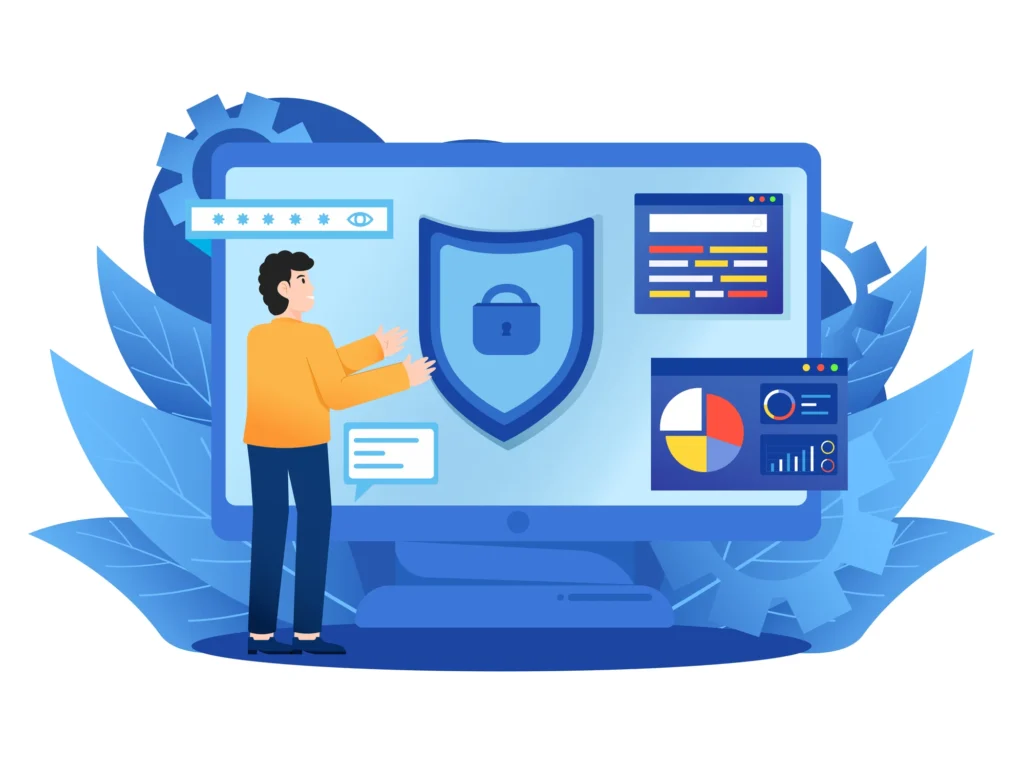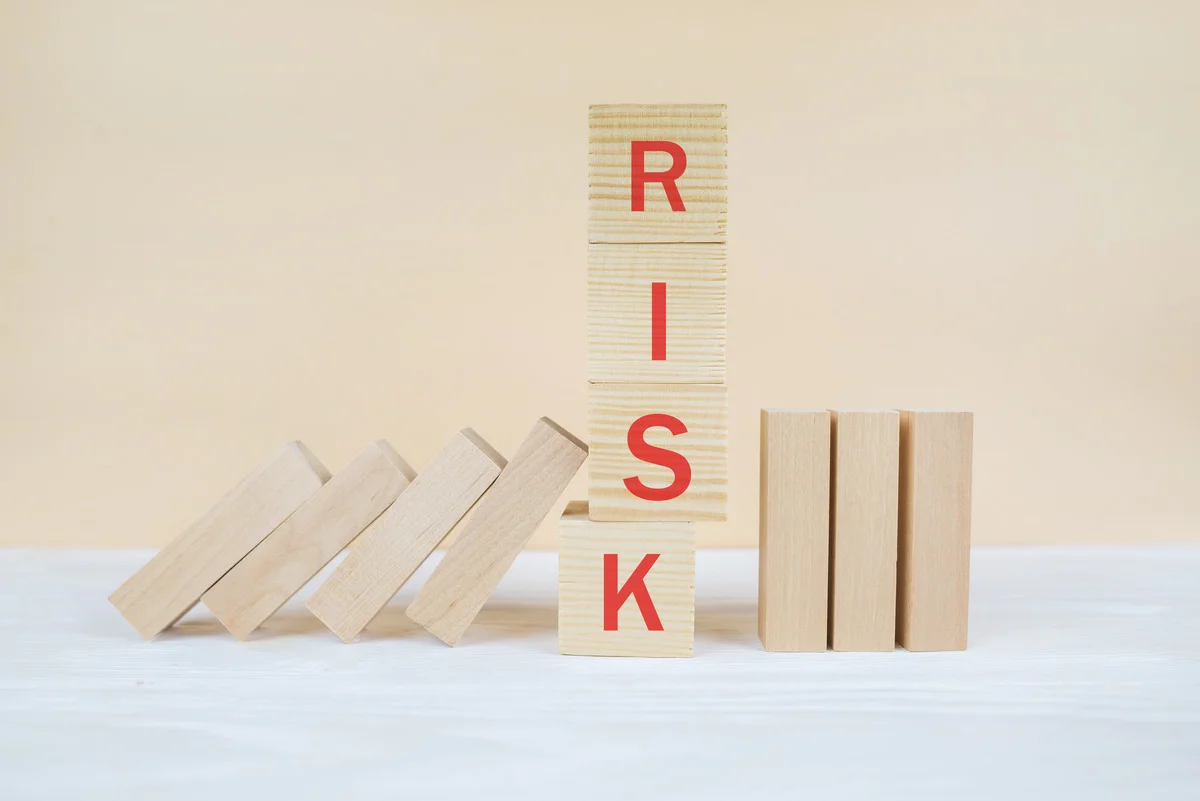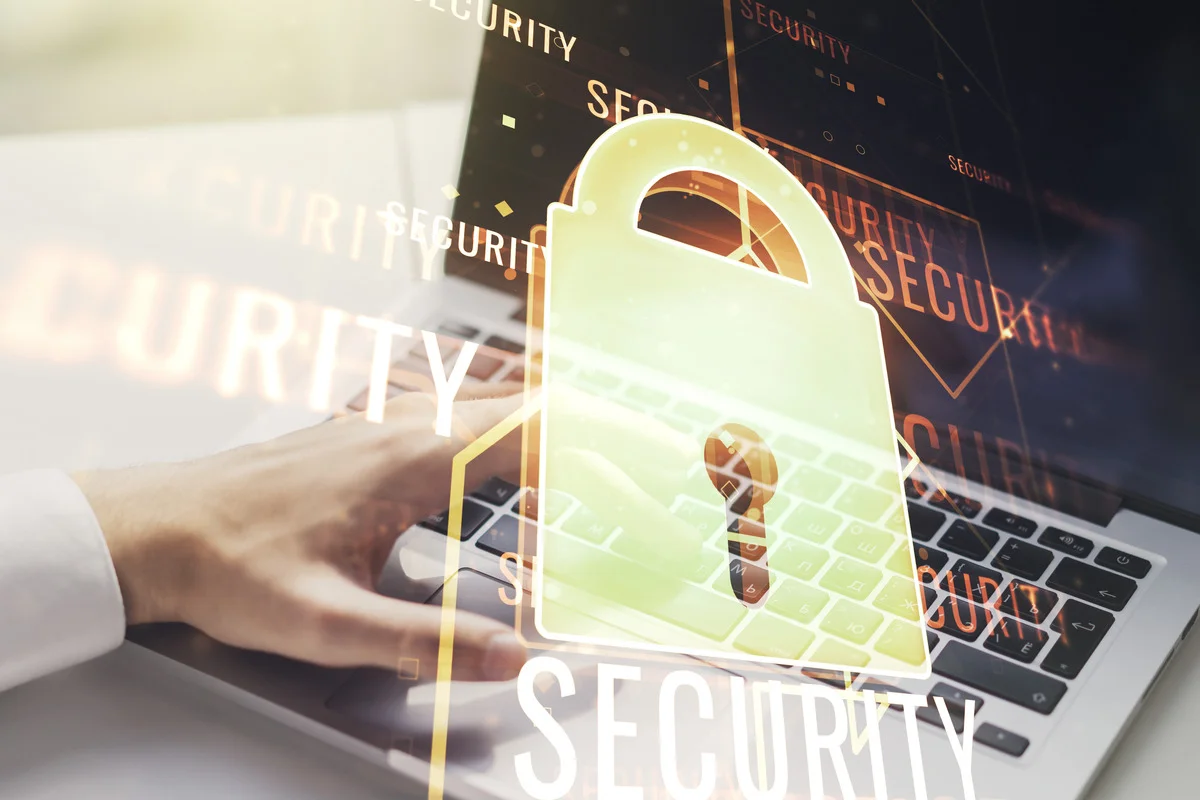Cyber threats keep putting the money and operations of small businesses at great risk. More and more cybercriminals are going after small businesses because people think they don’t have strong security.
Before you take steps to protect your business from cyber threats, you should learn how those threats could affect its operations and finances. Private information is one of the most important things to protect, no matter how big or small your business is.
A small business could lose money, have its reputation harmed, and have private information stolen if it doesn’t keep it safe. Thieves can easily get private information and use it for their own gain if the right safety measures are not in place.
So, what can you do to make your small business safer? Read on to find out all the 2024 cyber safety tips for small businesses.
Why is Cyber Security so Important for Small Businesses?
Small businesses often have smaller budgets than larger companies, which makes them easy targets for cybercriminals. People often think that small businesses don’t have as many valuable assets or strong security measures as larger companies, which can leave them vulnerable to cyber threats. But a cyberattack can be very bad for a small business, causing them to lose money and hurting their reputation.
Small businesses need to put cyber security at the top of their list of priorities to protect their money and private data. Putting strong security measures in place will help you avoid data breaches and potential financial losses. Small businesses need to put cybersecurity first and take steps to stop threats before they happen to stay safe from these dangers.
Cybersecurity Tips for Small Businesses
You can make your small business safer online in a lot of different ways. Budget, staff training, and asset identification are some of the most important aspects of it. Certified Practising Accountant Australia (CPA Australia) says that small businesses should follow at least 7 important cyber security tips.
1. Spread Cyber Risk Awareness to All staff
The human factor can be one of an organisation’s most significant vulnerabilities. Employees are often the first line of defence against cyber threats, so educating them on the risks is critical. Conduct regular training sessions to raise cyber risk awareness, covering topics like phishing attacks, password security, and the significance of reporting suspicious activity. Creating a well-informed workforce improves the overall security posture of the company.
2. Allocate Resources to Cyber Risk in Your Budget
Cybersecurity should be a non-negotiable component of your budget. According to our recent article on cyber security statistics in 2024, small businesses spend less than $500 per year on cyber security measures. That kind of budget can be considered small, given the ever-changing cyber threats that appear. That is why, even if you are a small business, you should allocate a budget to cyber risk management. With that budget, you could invest in security software, employee training programmes, and regular security audits.

3. Include Cyber Risk Considerations to Your Business Plan
Taking cyber risk into account when planning your business is important for building a strong and safe infrastructure. Take a look at the possible cyber risks that come with new projects, partnerships, or tech use. Small businesses can reduce risks and make sure their operations last longer by proactively looking for and dealing with possible threats during the planning stage.
4. Separate responsibility for cybersecurity from IT
IT departments are very important for keeping up with the technical side of security, but cybersecurity should not be solely the responsibility of IT departments. Make a dedicated team or give certain people in the organisation the job of overseeing and putting cybersecurity measures into place. This separation makes sure that security is looked at as a whole, including not only IT infrastructure but also the whole business.
5. Keep your Software Up-to-Date.
Cybercriminals often get in through software that is too old. Make sure that all of your software is up-to-date, including operating systems, antivirus programmes, and apps. Updates for software often come with security patches that fix known bugs. Check for updates often and set up automatic updates when you can to keep your defences strong against new cyber threats.
6. Maintain a firewall.
A firewall keeps threats from getting into your network from outside. Set up and maintain a strong firewall to keep an eye on and manage all network traffic, both coming and going. Set up the firewall so that it only lets authorised and safe connections through. This will keep potential threats from getting into your system. Update and test your firewall settings often to get the best protection.
7. Identify Assets Vulnerable
Understanding your digital assets and looking for possible holes in your security are very important steps to take to make your online safety stronger. You should carefully look over your network, systems, and data to find the things that are most likely to be hacked. To protect these high-risk assets even more, add extra security measures like multi-factor authentication, encryption, or access controls.
You can think of those tips as the most important ones to protect your small business from cyberattacks. Now that you know all of these tips, you can start your own business cyber protection programs. To learn more about that, read our article about Cybersecurity Programs for Small Business.
Conclusion
Given the ever-changing digital landscape, small businesses must prioritise cyber security to ensure their survival, not merely to comply. To keep company operations, finances, and sensitive data safe in the face of cyber threats, one must be proactive and take a comprehensive approach.
Protecting your company’s data from cyber threats requires experts in cybersecurity to assess vulnerabilities and implement necessary measures. That’s why, at some point, you may require assistance from IT professionals, such as Nexa Lab security hardening services.
We provide a wide range of cyber security services, including vulnerability assessments, application security enhancements, incident response planning, custom security strategies, access control and authentication, and security awareness training.
Nexa Lab was founded and established in Australia, with over 30 years of experience in the MSP and IT industries. With a commitment to cybersecurity, we prioritise protecting Australian businesses’ digital assets and sensitive data.




